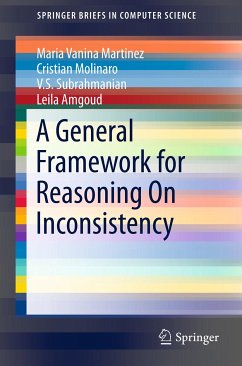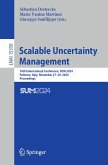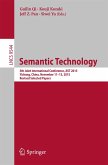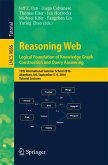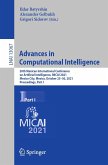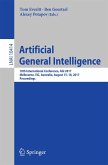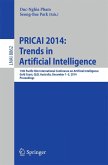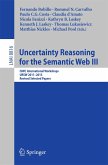Dieser Download kann aus rechtlichen Gründen nur mit Rechnungsadresse in A, B, BG, CY, CZ, D, DK, EW, E, FIN, F, GR, HR, H, IRL, I, LT, L, LR, M, NL, PL, P, R, S, SLO, SK ausgeliefert werden.
"The aim of this book, consisting of six chapters, is to develop a unified framework for reasoning on inconsistency which allows end-users to apply their domain knowledge and subsequently tailor it to their needs. In particular, the framework shall be applicable to any Tarskian logic the end-user employs." (Jürgen Landes, zbMATH, Vol. 1276, 2014)

